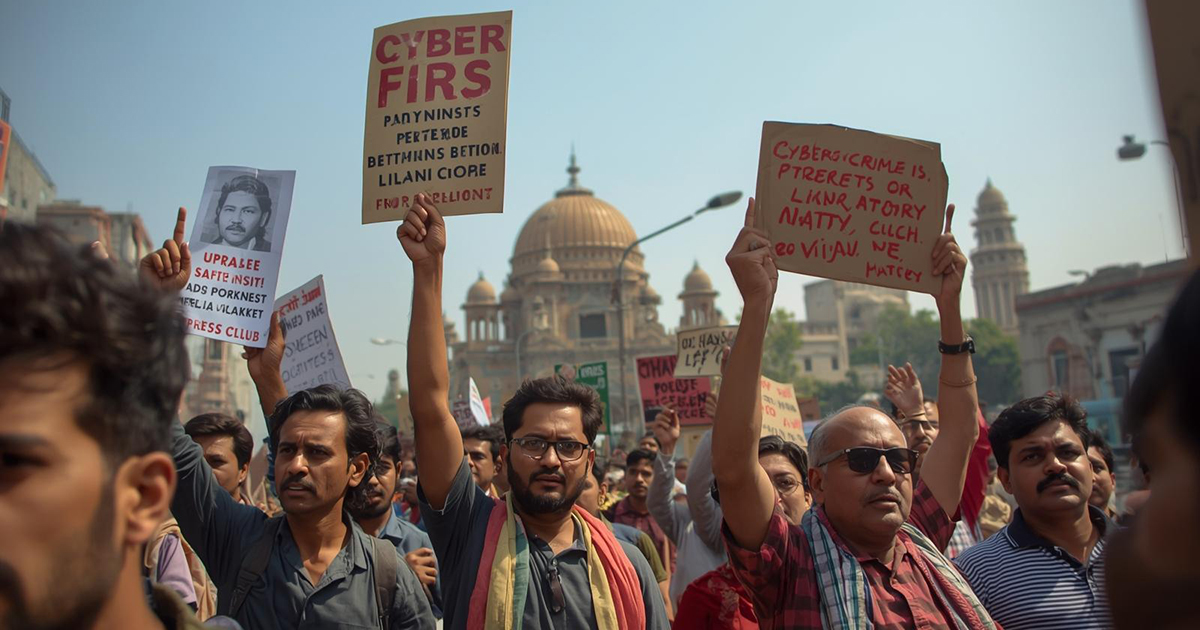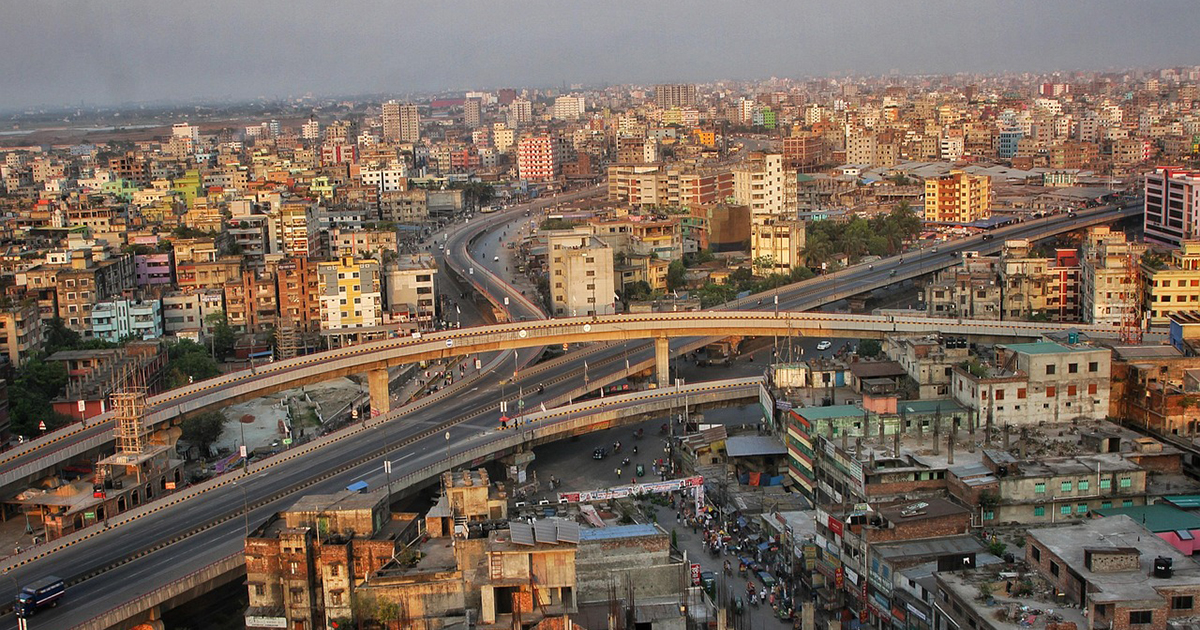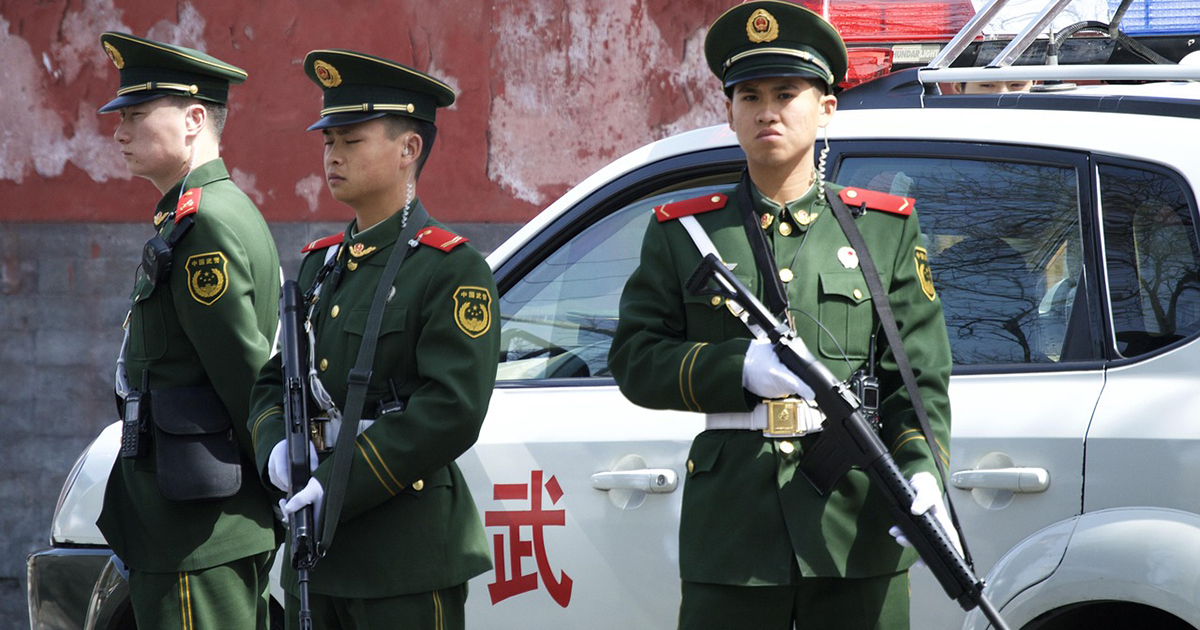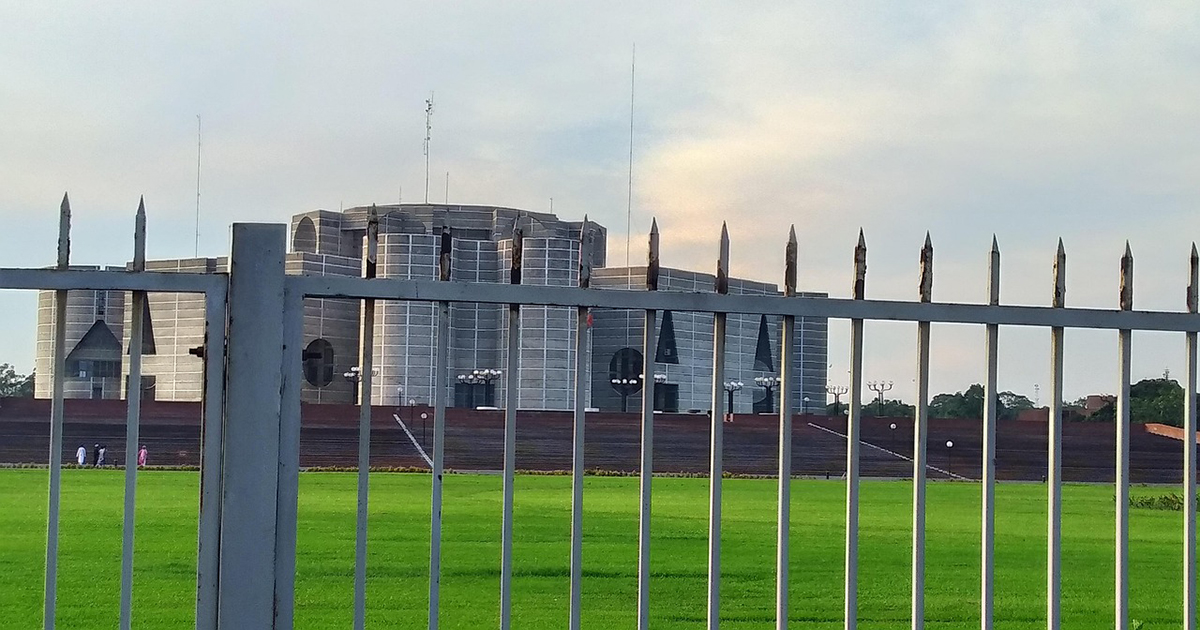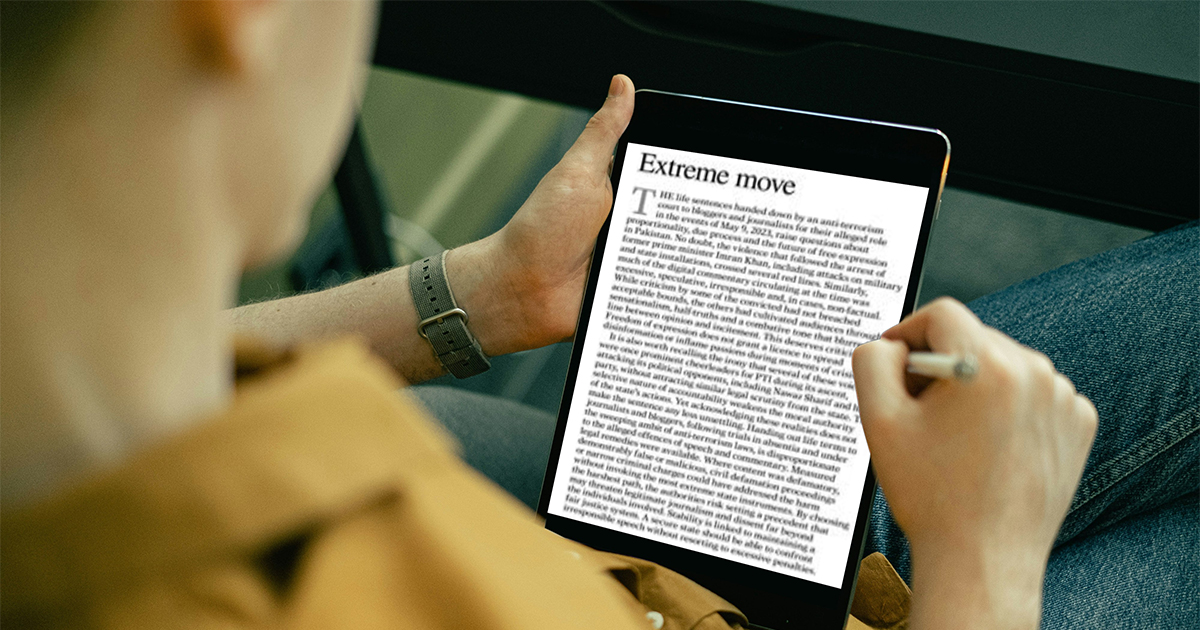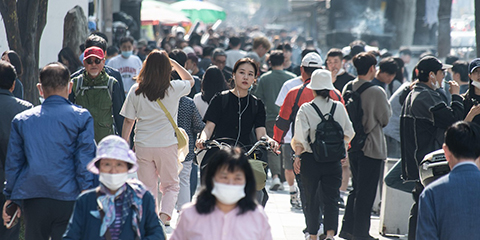Thai court indicts Australian journalist over defamation
JournalismPakistan.com | Published: 20 November 2025 | JP Asia Desk
Join our WhatsApp channel
Australian journalist Murray Hunter has been indicted by a Bangkok court over defamation charges related to his critical online posts. The case raises significant concerns about transnational legal threats to press freedom.Summary
BANGKOK — A Bangkok court has indicted Australian commentator Murray Hunter on criminal defamation charges filed by Malaysia’s Communications and Multimedia Commission (MCMC). The charges stem from four posts on Hunter’s Substack in which he criticized the MCMC for politicized censorship and alleged abuse of power. Hunter, who resides in Thailand, faces potential penalties of up to two years in prison or a fine if convicted.
Concerns Over Transnational Legal Threats
Rights groups, including the Committee to Protect Journalists, have described the case as a “transnational SLAPP” or Strategic Lawsuit Against Public Participation. CPJ warned that Thailand’s defamation laws could be exploited by foreign governments to silence critics living abroad, creating a chilling effect on investigative reporting. Legal analysts note that such cases are relatively rare but increasingly used as tools to extend government influence across borders, putting journalists at heightened risk of harassment and self-censorship.
Background and Regional Context
Thailand has a history of strict defamation laws, historically applied against domestic journalists, social media users, and activists. Legal experts argue that these laws, combined with vague provisions on online criticism, provide a framework for foreign governments to pursue cross-border cases. Malaysia’s MCMC has previously pursued defamation and censorship actions domestically, but Hunter’s case is unusual because it targets a journalist based outside the country. Media freedom organizations view it as a test case with implications for journalists throughout Asia.
Implications for Press Freedom
The case highlights growing concerns over press freedom and the increasing vulnerability of journalists reporting on politically sensitive issues abroad. CPJ emphasized that such transnational lawsuits undermine accountability, restrict public debate, and may encourage governments to weaponize legal systems against media professionals internationally. Observers warn that this could set a precedent for similar cases in other countries where journalists are targeted for reporting on human rights abuses, corruption, or government misconduct.
KEY POINTS:
- Bangkok court indicts Australian journalist Murray Hunter over four critical Substack posts
- Charges filed by Malaysia's Communications and Multimedia Commission
- Potential penalties include up to two years in prison or a fine
- Case described as a transnational SLAPP by CPJ and other rights groups
- Highlights the risks of using defamation laws to silence critics abroad



